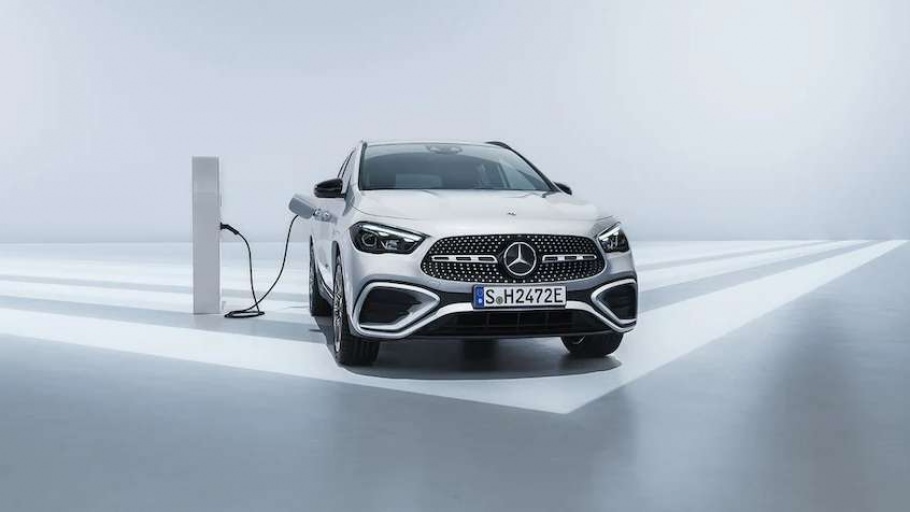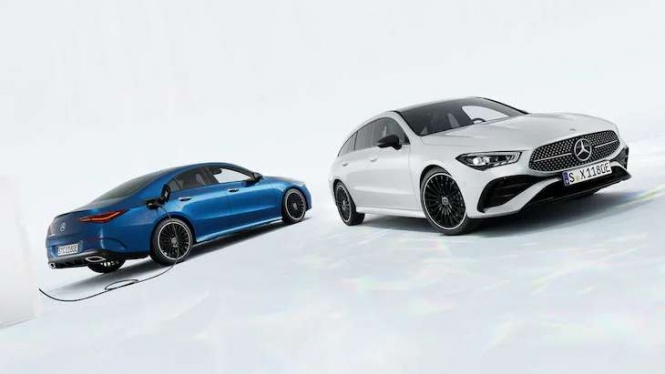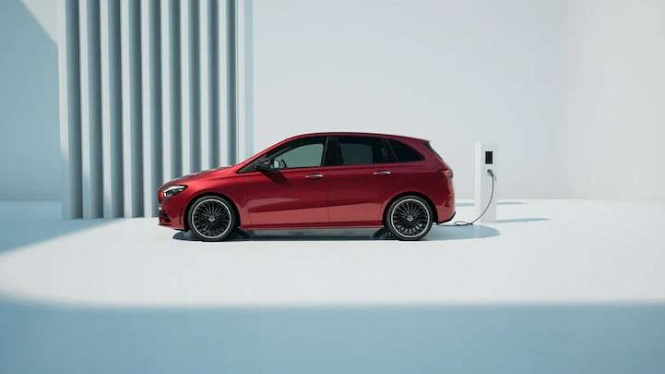Getting to Know Chery's Hybrid Car Options in Indonesia
02 February 2026, 09:00 WIB
BMW is reportedly set to supply engines for several lines of Mercedes-Benz hybrid and electrified vehicles.

KatadataOTO – The rivalry between German brands BMW and Mercedes-Benz is not a new thing. Both produce luxury car lines in the sedan and Sport Utility Vehicle (SUV) segments.
However, recently, news has circulated that BMW will supply four-cylinder engines to be used in Mercedes-Benz's line of hybrid cars in the future.
This is not the first time; previously, Mercedes-Benz also received an engine supply from Chinese manufacturer Geely. The 1,500 cc four-cylinder engine made by Geely is used in Mercedes-Benz's mild hybrid line.
However, it is mentioned that a collaboration with a fellow European brand could be more suitable for the North American market.

At the earliest, this plan will be realized in 2027. Both manufacturers also plan to collaborate on the development of transmissions and electrification engines.
Not without reason, this collaboration decision is said to be beneficial for both parties.
For Mercedes-Benz, the research and development costs for their four-cylinder engines can be reduced. On the other hand, BMW gains increased profits by supplying engines to its rival.
According to an anonymous internal Mercedes-Benz source, 'high-level' discussions and negotiations are underway and the results will be announced at least before the end of 2025.
The two are also said to have the opportunity to expand joint production facilities outside of Europe.
“One engine production facility in the United States is believed to be a candidate. This could help both brands avoid tariffs and share production costs in a potential market,” wrote a Carscoops report, quoted on Friday (28/08).
It should be noted that in China, the BMW and Mercedes-Benz joint venture, Beijing Ion Qi New Energy Technology Co, Ltd, has already been formed. Its focus is limited to expanding the charging network, not engine development.
However, this collaboration between the two luxury car manufacturers is not surprising, especially considering the fierce competition with Chinese brands in the electrification era.
Chinese brands are not only introducing small electric cars at low prices, but are also venturing into the premium segment with competitive pricing.
In China, Seres, through its Aito brand, has gained attention after ranking first in luxury car sales in China.

Quoted from Business Insider, the product of the collaboration between Seres Group and Huawei has delivered 150,000 vehicle units throughout 2024.
The surge in sales was caused by the launch of the Aito M9 SUV, which debuted at the end of 2023.
This achievement surpassed BMW, which sold 145,000 units, while Mercedes-Benz sold 127,000 units in the same period.
Related Articles
02 February 2026, 09:00 WIB
28 January 2026, 10:00 WIB
26 January 2026, 11:00 WIB
26 January 2026, 08:00 WIB
23 January 2026, 19:00 WIB
Latest
02 February 2026, 10:00 WIB
Sales are trailing competitors, and MG declined to elaborate on its sales target for 2026.
02 February 2026, 09:00 WIB
Chery hybrid cars offer more benefits to consumers in Indonesia, making them a popular choice.
02 February 2026, 08:00 WIB
The Police launched Operation Keselamatan Jaya 2026 to curb the number of accidents and traffic violations on the roads.
02 February 2026, 07:00 WIB
Yamaha is confident that the target set by AISI can be achieved this year, with several conditions.
01 February 2026, 17:17 WIB
Toyota FT 86, Vespa Corsa 125, and Toyota Alphard are three of Reza Arap's many vehicles.
01 February 2026, 15:00 WIB
Shell, BP AKR, and Vivo lowered fuel prices for the February 2026 period by varying amounts.
01 February 2026, 13:00 WIB
Toyota Motor Corporation is paying closer attention to its sales in Indonesia, which have significantly declined.
01 February 2026, 11:00 WIB
Toyota group sales break a new record and become the world's best-selling manufacturer in 2025, surpassing Volkswagen.